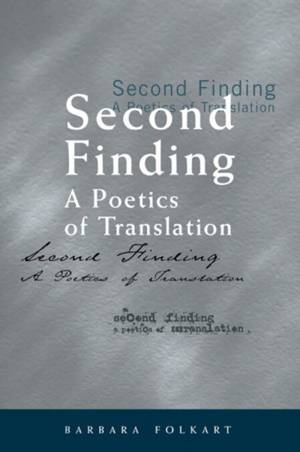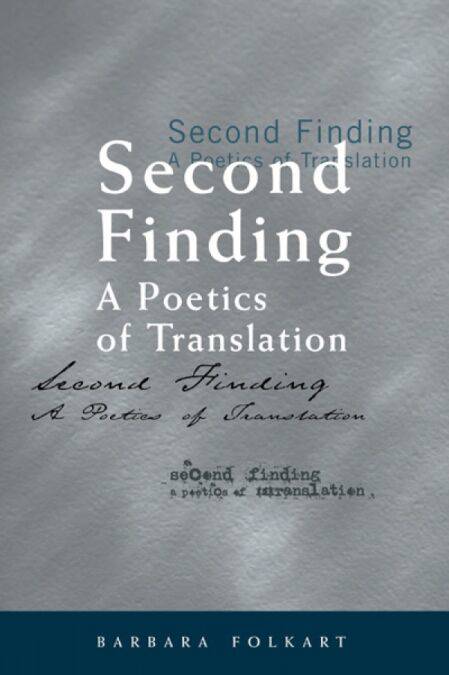
- Afhalen na 1 uur in een winkel met voorraad
- Gratis thuislevering in België vanaf € 30
- Ruim aanbod met 7 miljoen producten
- Afhalen na 1 uur in een winkel met voorraad
- Gratis thuislevering in België vanaf € 30
- Ruim aanbod met 7 miljoen producten
Zoeken
Omschrijving
The translation of poetry has always fascinated the theorists, as the chances of "replicating" in another language the one-off resonance of music, imagery, and truth values of a poem are vanishingly small. Translation is often envisaged as a matter of mapping over into the target language the surface features or semiotic structures of the source poem. Little wonder, then, that the vast majority of translations fail to be poetry in their own right. These essays focus on the poetically viable translation - the derived poem that, while resonating with the original, really is a poem. They proceed from a writerly perspective, eschewing both the theoretical overkill that spawns mice out of mountains and the ideological misappropriation that uses poetry as a way to push agendas. The emphasis throughout is on process and the poem-to-come.
Specificaties
Betrokkenen
- Auteur(s):
- Uitgeverij:
Inhoud
- Aantal bladzijden:
- 588
- Taal:
- Engels
- Reeks:
Eigenschappen
- Productcode (EAN):
- 9780776618487
- Verschijningsdatum:
- 6/09/2007
- Uitvoering:
- E-book
- Formaat:
- ePub

Alleen bij Standaard Boekhandel
+ 13 punten op je klantenkaart van Standaard Boekhandel
Beoordelingen
We publiceren alleen reviews die voldoen aan de voorwaarden voor reviews. Bekijk onze voorwaarden voor reviews.











